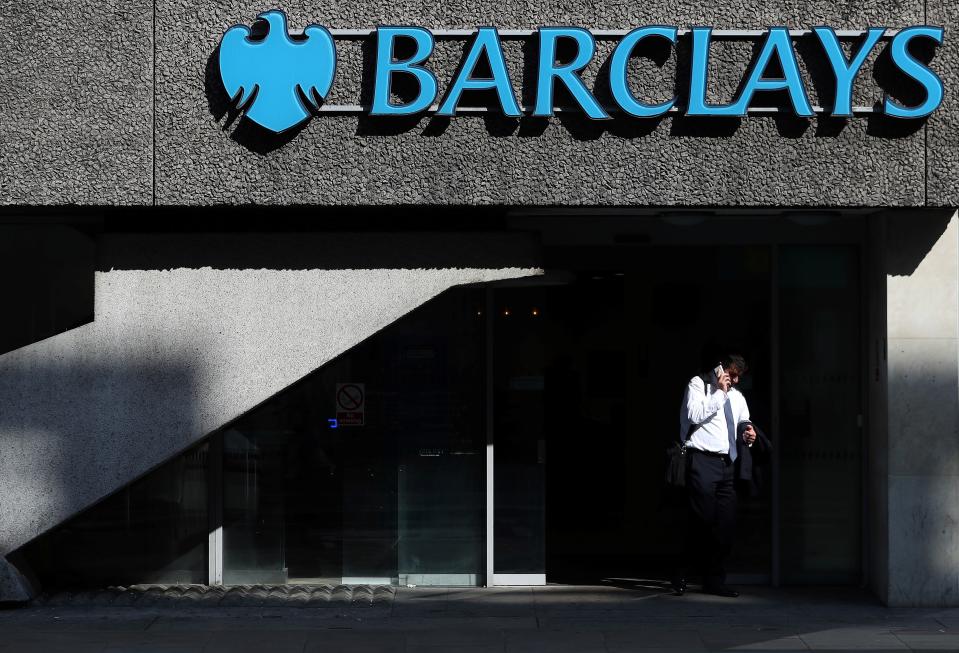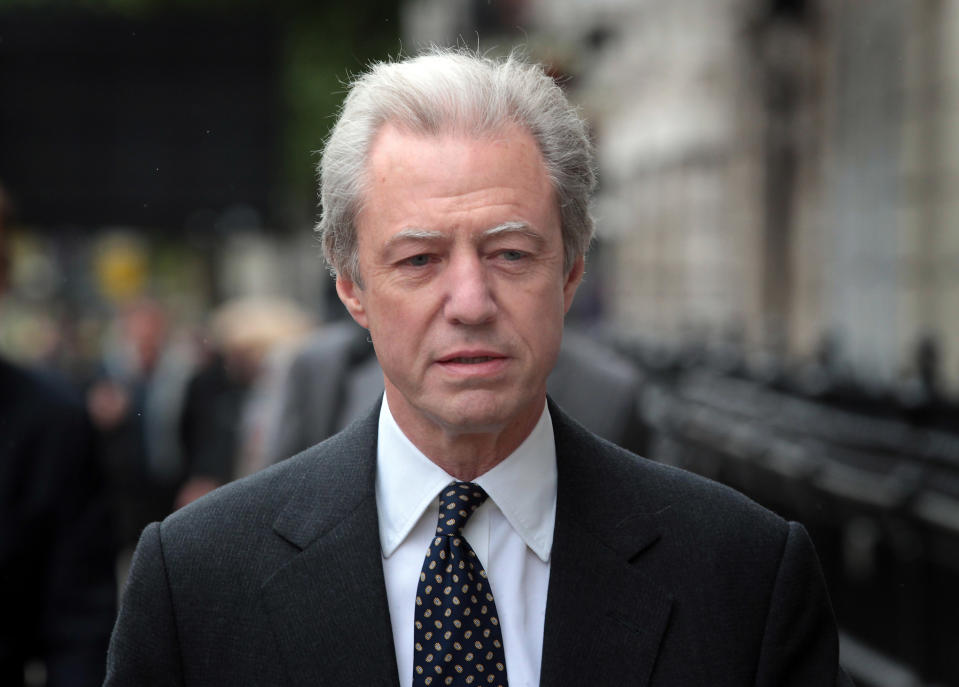Barclays feared losing talent to US banks if it took 2008 bailout, court hears

Barclays feared that a government bailout in 2008 would prevent it from paying high salaries to staff and allow American banks to poach top performers, a court heard on Tuesday.
“The American banks were in much better financial position than the British banks,” Marcus Agius, the former chairman of Barclays, told the jury at South Crown Court.
“We were facing the problem that if we couldn’t pay the going market rate we would lose” top staff, Agius said. He added that Barclays believed a government bailout would lead to restrictions on pay.
The comments came on the first day of Agius’ evidence as a witness in a case against four former Barclays executives. The Serious Fraud Office (SFO), which is bringing the case, alleges that the four executives conspired to mislead the market about the true level of fees paid to Qatar as part of two multibillion dollar investments in 2008 that saved Barclays from a state bailout.
READ MORE: Former Barclays execs lied about payments to Qatar, court told
The defendants in the case are: John Varley, who was CEO of Barclays between 2004 and 2011; Roger Jenkins, who formerly ran Barclays Capital’s investment management business in the Middle East and North Africa; Thomas Kalaris, the former CEO of Barclays’ wealth and investment management; and Richard Boath, the former head of European financial institutions group at Barclays Capital.
Varley and Jenkins each face two counts of conspiracy to commit fraud, and Kalaris and Boath each face one. All four have pleaded not guilty. Qatar is not accused of any wrongdoing.
‘What the hell are we going to do?’

The second of the two 2008 fundraisings took place in October. Agius told the jury that the money became necessary after “extreme concern” from public authorities about the health of the financial sector.
“There were a number of initiatives taken by the then chancellor … to try and answer the question: ‘What the hell are we going to do to make sure this doesn’t go over the edge?,'” Agius said.
The UK Financial Services Authority ultimately ordered “dramatic” increases in banks’ regulatory capital buffers, which meant Britain’s seven largest banks, as well as building society Nationwide, had to find an additional £25bn of capital between them.
This was “far, far greater than anything I had imagined would be coming and indeed anything I had been led to believe by the chancellor and the Treasury,” Agius said.
The government offered emergency funding during this time to help plug the gap. Barclays’ board met in early October 2008 to discuss whether to accept the bailout funding.
The court was shown contemporary Barclays board minutes, discussed earlier in the trial, that concluded a government bailout would not be good as it would constrain “dividends, operational flexibility, and executive compensation.”
‘Everybody was making money’
Discussing the pay issue, Agius, who was chairman of Barclays from 2007 to 2012, said banks were coming off a period of “extraordinary benign circumstances” where “everybody was making money.” He reminded the jury of comments made by then-chancellor Gordon Brown about it being the end of boom and bust cycles in the economy.
“It wasn’t difficult to say, if our level of commercial risk has reduced, permanently, then we could increase our financial risk and in doing so it generated a very profitable business,” Agius said.
This created competition between banks for the highest performers within investment banking and trading. As a result, pay packets soared.
“Everybody wanted to come to London because it was where money could be made in banking,” Agius said. “If a bank had a particularly talented banker, it would have been most usual for him or her to be offered more money” at a rival.
In October 2008, US banks were in a better position than their European counterparts. The board became worried that Barclays could lose talent to American rivals if it took government money and had its ability to offer high pay constrained.
Royal Bank of Scotland, HBOS, and Lloyds were ultimately nationalised. Agius said the experience of Royal Bank of Scotland after its bailout ultimately vindicated the Barclays board’s view.
Following advice from third parties that it would be possible for Barclays to raise the required capital privately, Barclays turned down a government bailout.
“To put it mildly, that’s a big call,” Agius said.
Barclays eventually raised £6.8bn in October 2008, with just over £2bn coming from the Qataris. The SFO claims that executives used “smokescreen” advisory agreements with Qatar to pay higher levels of commission than were disclosed to the market and given to other investors.
The case continues and is expected to last up to six months.
Read more on the trial of the Barclays four:
Former Barclays execs lied about payments to Qatar, court told
Senior Barclays banker raised concerns about ‘hidden commission’ in Qatar deal, court told
Barclays bankers worried about ‘dodgy’ payments to Qatari Prime Minister, court hears
Bankers feared pay cuts if state had nationalised Barclays in 2008, court hears
‘Big dog’ Barclays banker paid £25m bonus for 2008 funding deal at the heart of court case
Barclays lawyers signed off on ‘bungs’ and ‘corrupt payments’ to Qataris, court told
Judge tells jury not to ‘dwell on soundbites’ about ‘the food and the sex’ in Barclay trial
Crisis-era Barclays chairman gives evidence in Qatar court case

 Yahoo Finance
Yahoo Finance 